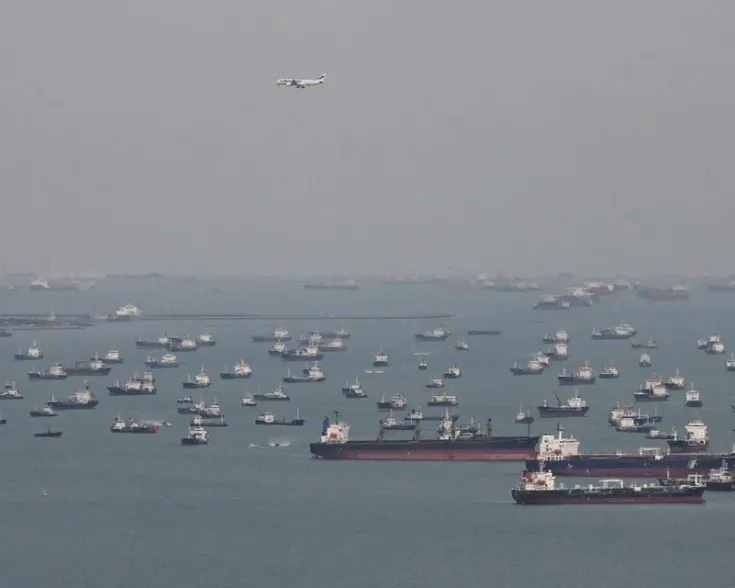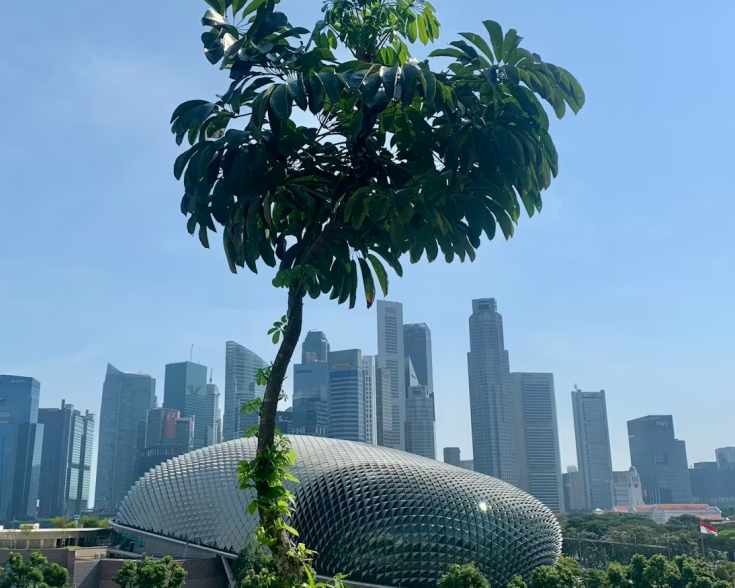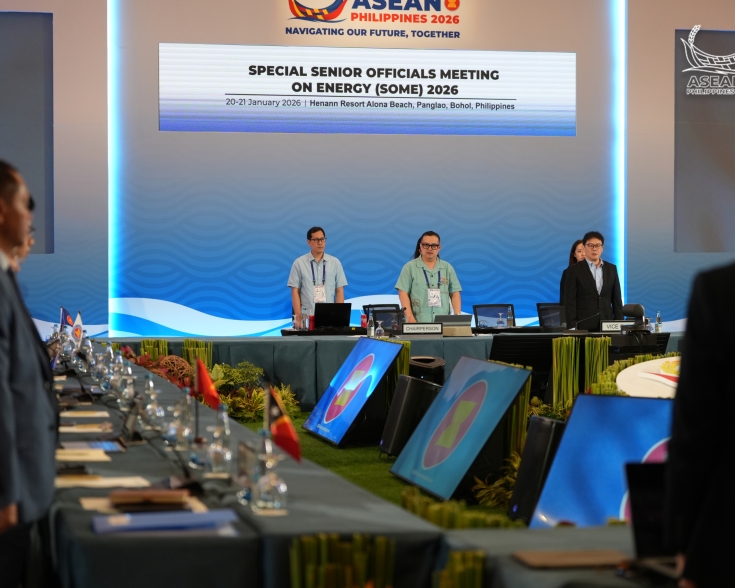JETP Secretariat launched in Jakarta

Indonesia, Japan, and the U.S. launched the Secretariat for the Just Energy Transition Partnership (JETP) last February. The Secretariat will be hosted in the offices of the Indonesian Ministry of Energy and Mineral Resources (MEMR) with the support of the Asian Development Bank. The Secretariat will serve as the coordinator for internal and external stakeholders on the JETP and play an important role in the planning and project development for the JETP, including supporting the development of clean energy and programs to encourage energy efficiency. Over the next six months, the Secretariat will support Indonesia’s efforts to achieve objectives outlined in JETP, including the development of a comprehensive investment and policy plan to reduce emissions and support impacted communities.
In November 2022, Indonesia signed a US$20 billion energy agreement under JETP, which utilizes a combination of public and private financing to accelerate Indonesia’s energy transition. Over a three-to-five-year period, the financing will be mobilized and deployed through the coordination of the JETP Secretariat. Of the US$20 billion pledged, US$10 billion will be mobilized from a set of private sector financial institutions. Private sector financing will be coordinated by the Glasgow Financial Alliance for Net Zero (GFANZ) Working Group, which includes Bank of America and Citi.
What to watch
Indonesia and its partners are working towards developing a work plan and roadmaps that will enable Indonesia to achieve a just energy transition. To ensure the process remains inclusive and addresses the social and economic impacts of the transition, the work program will be developed with input from non-governmental stakeholders, including the private sector and civil society. The investment and policy plan under development will also seek to address current regulatory barriers in Indonesia’s energy and financial markets that could impede private investment. With the support of international partners, Indonesia seeks to reach the peak of their total power sector emissions by 2030 and accelerate the deployment of renewable energy.

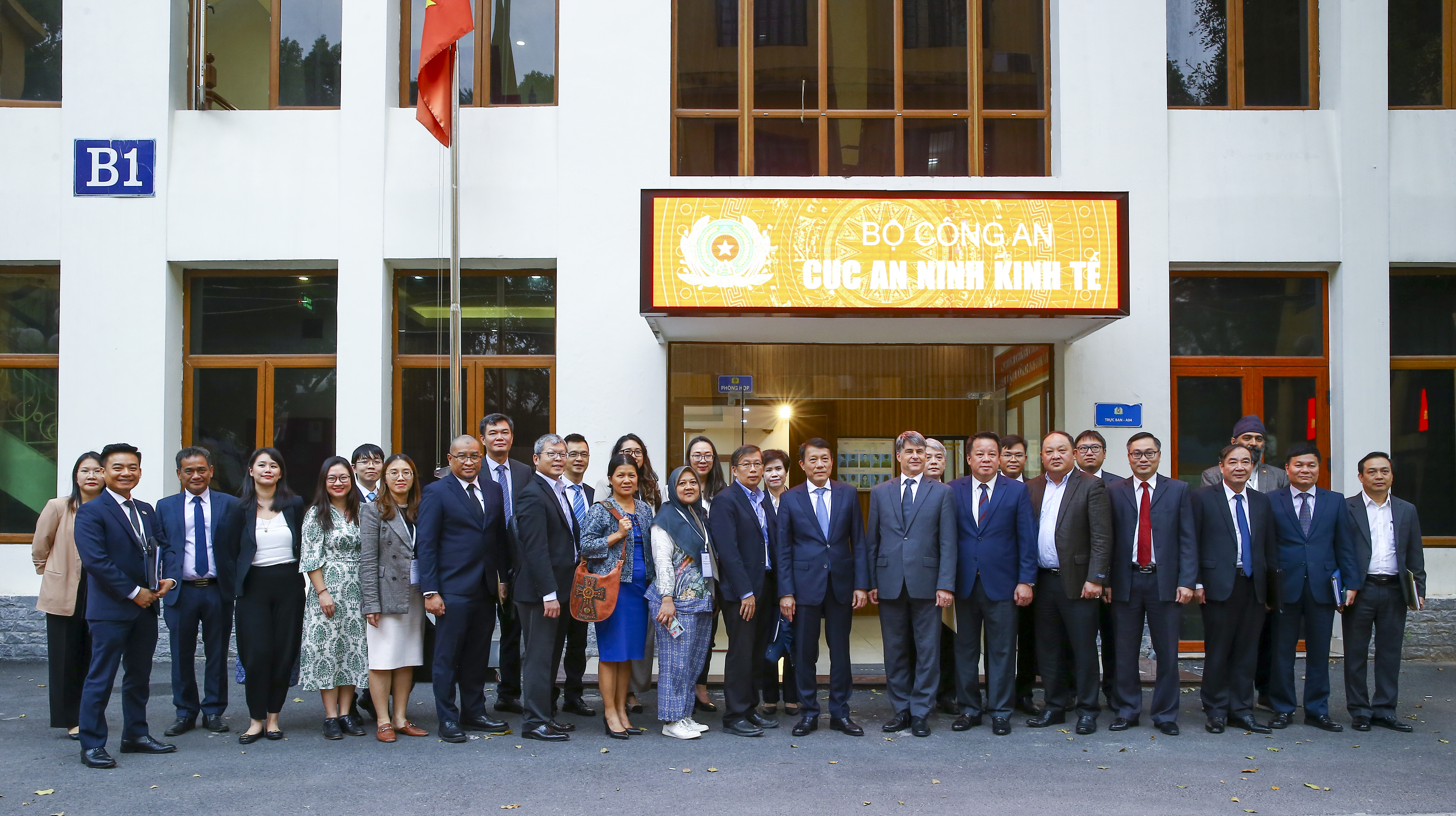

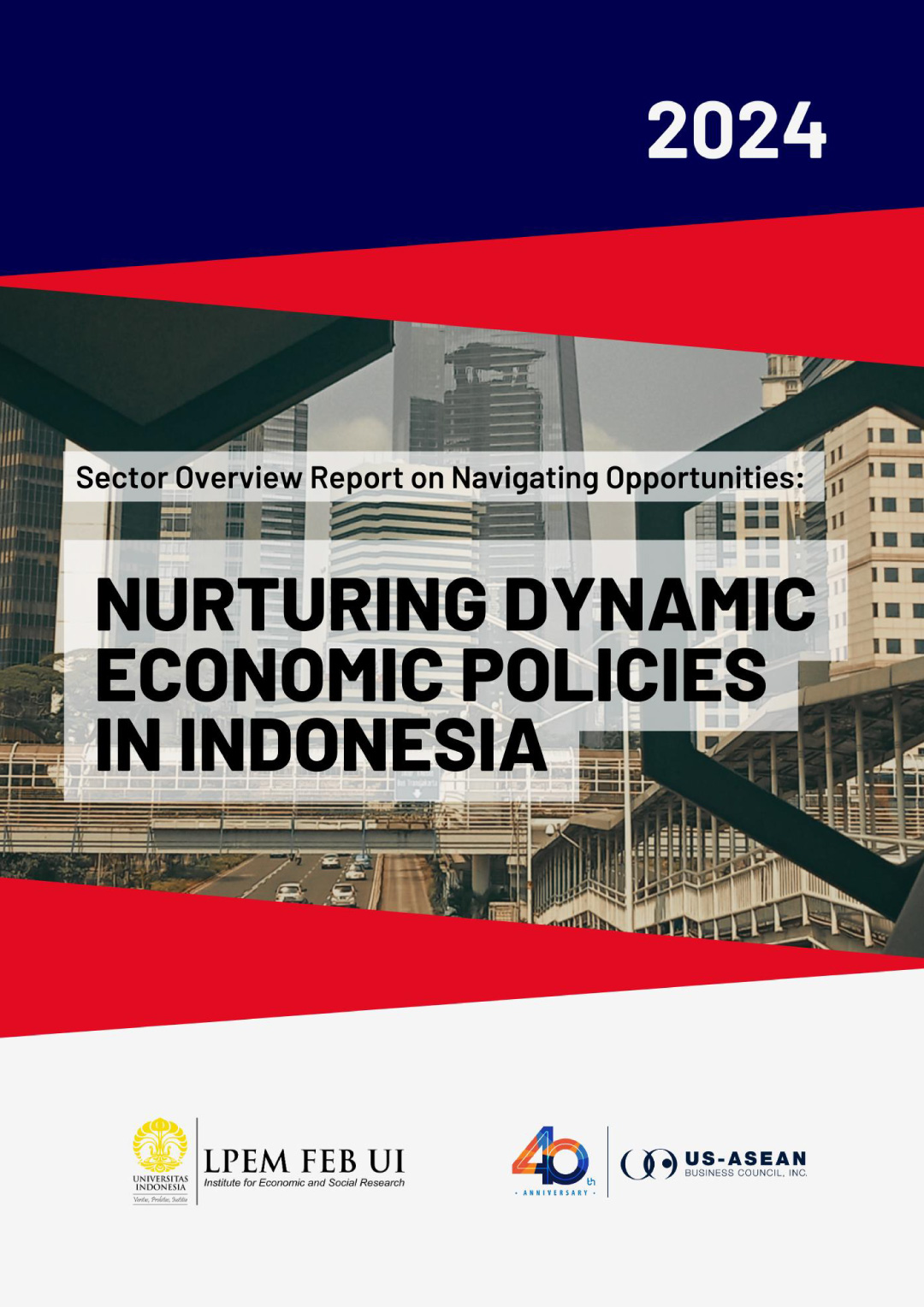
![Cover-[USABC-Final]-Driving-ASEAN-Unity-Malaysia's-Vision-for-2025](/sites/default/files/2025-07/Cover-%5BUSABC-Final%5D-Driving-ASEAN-Unity-Malaysia%27s-Vision-for-2025.jpg)
